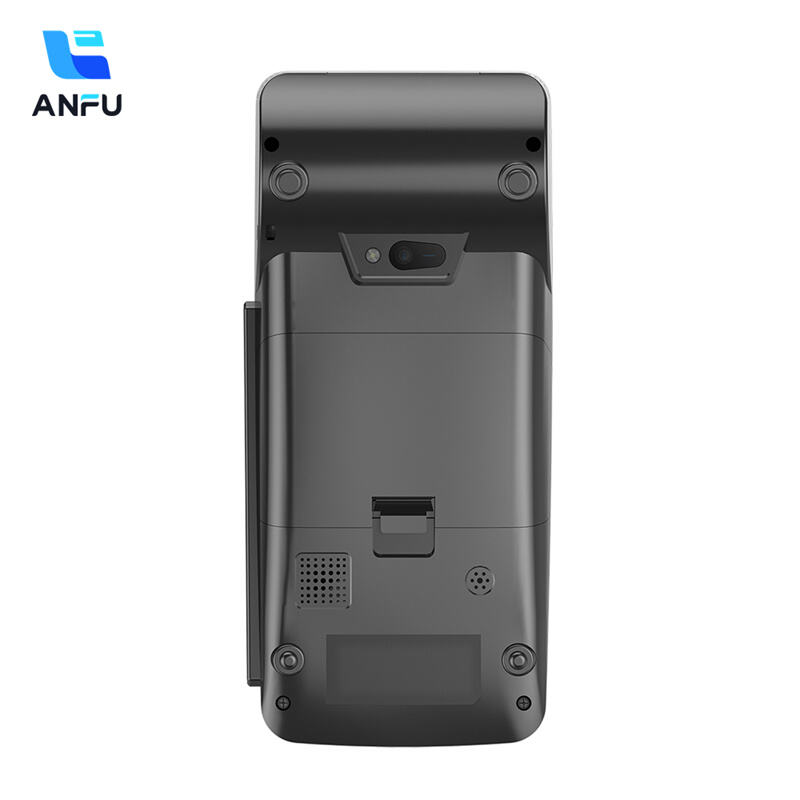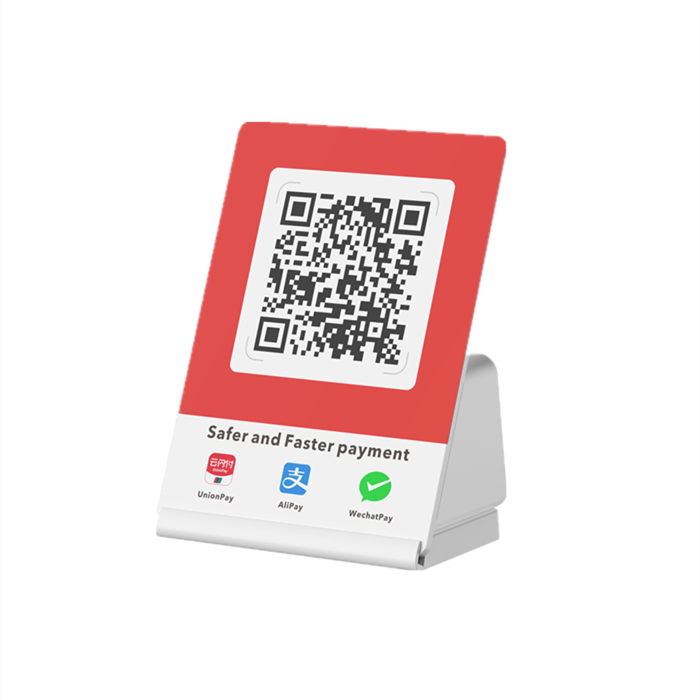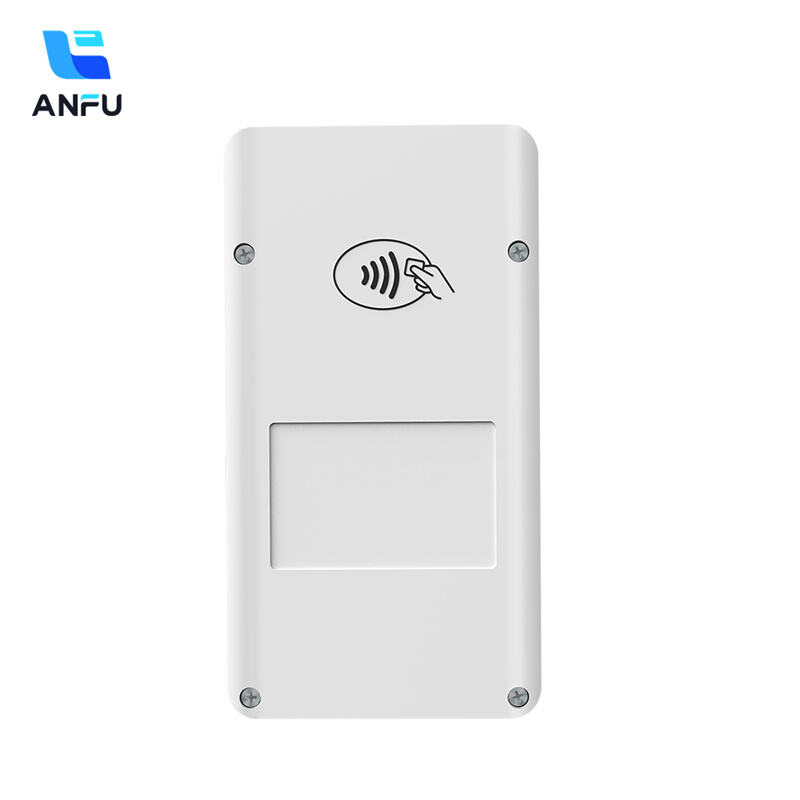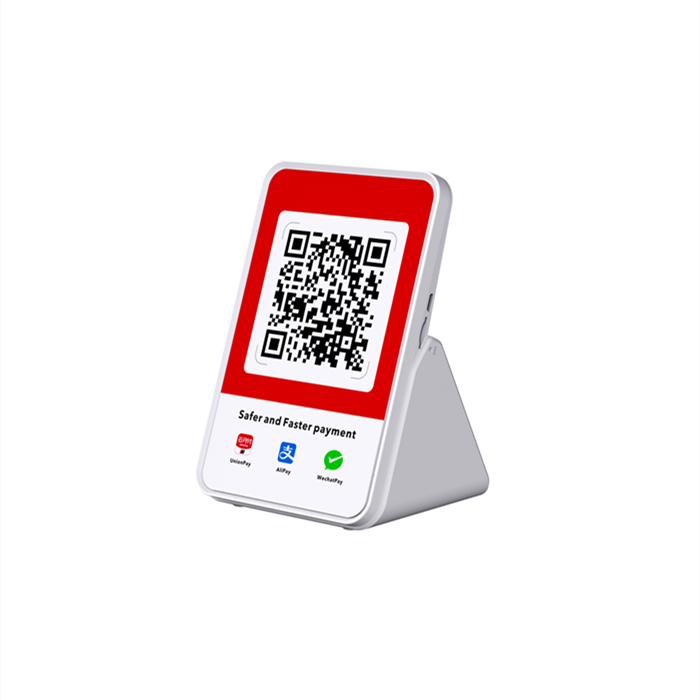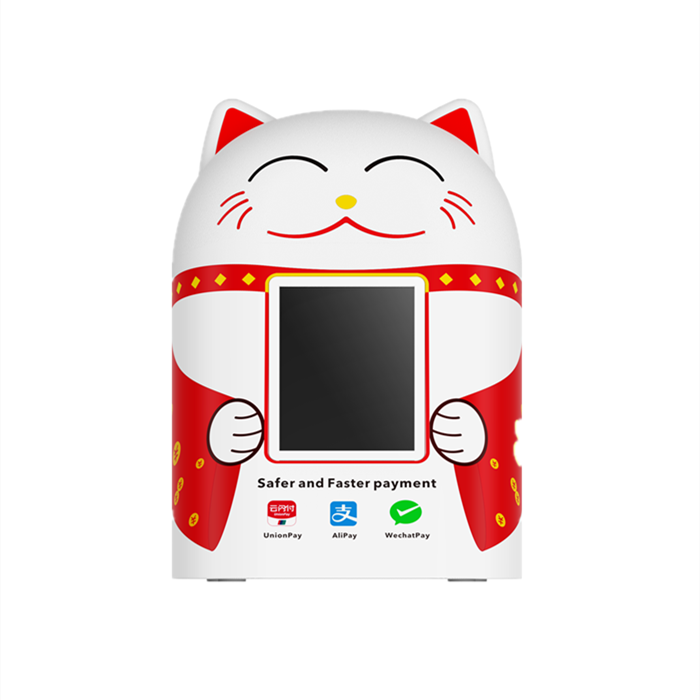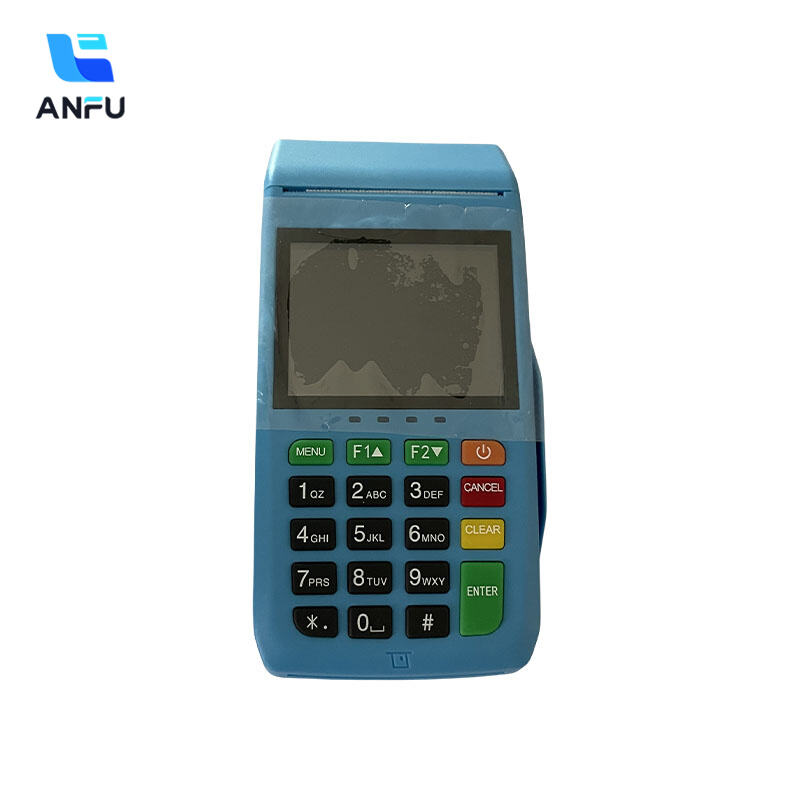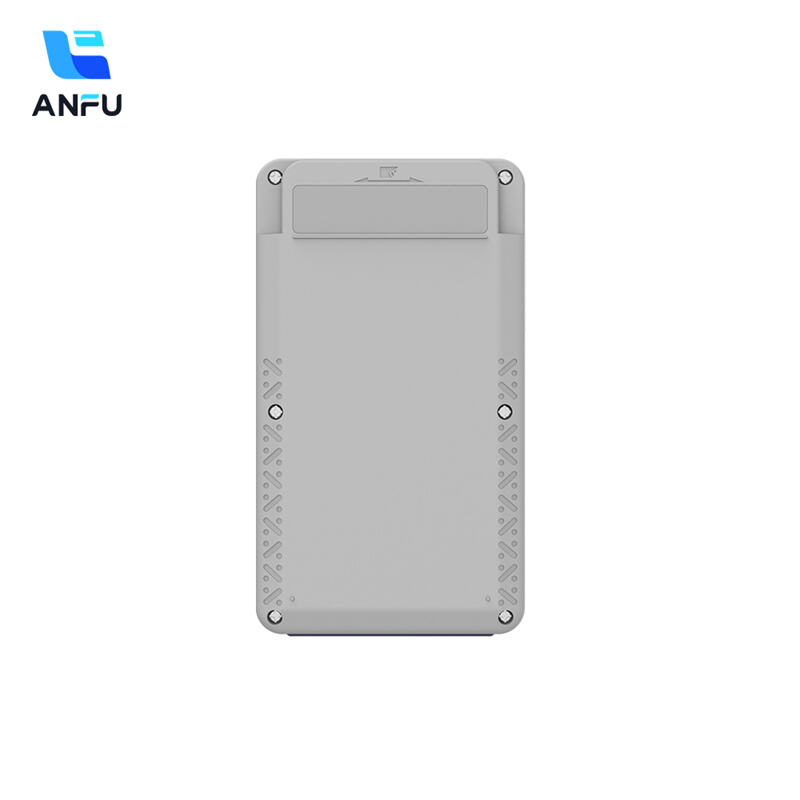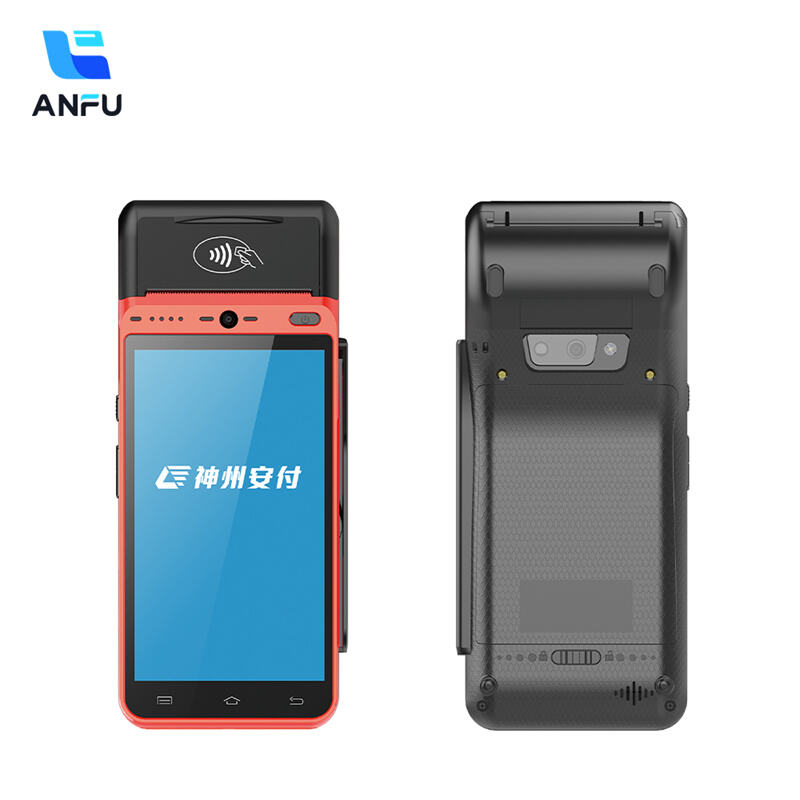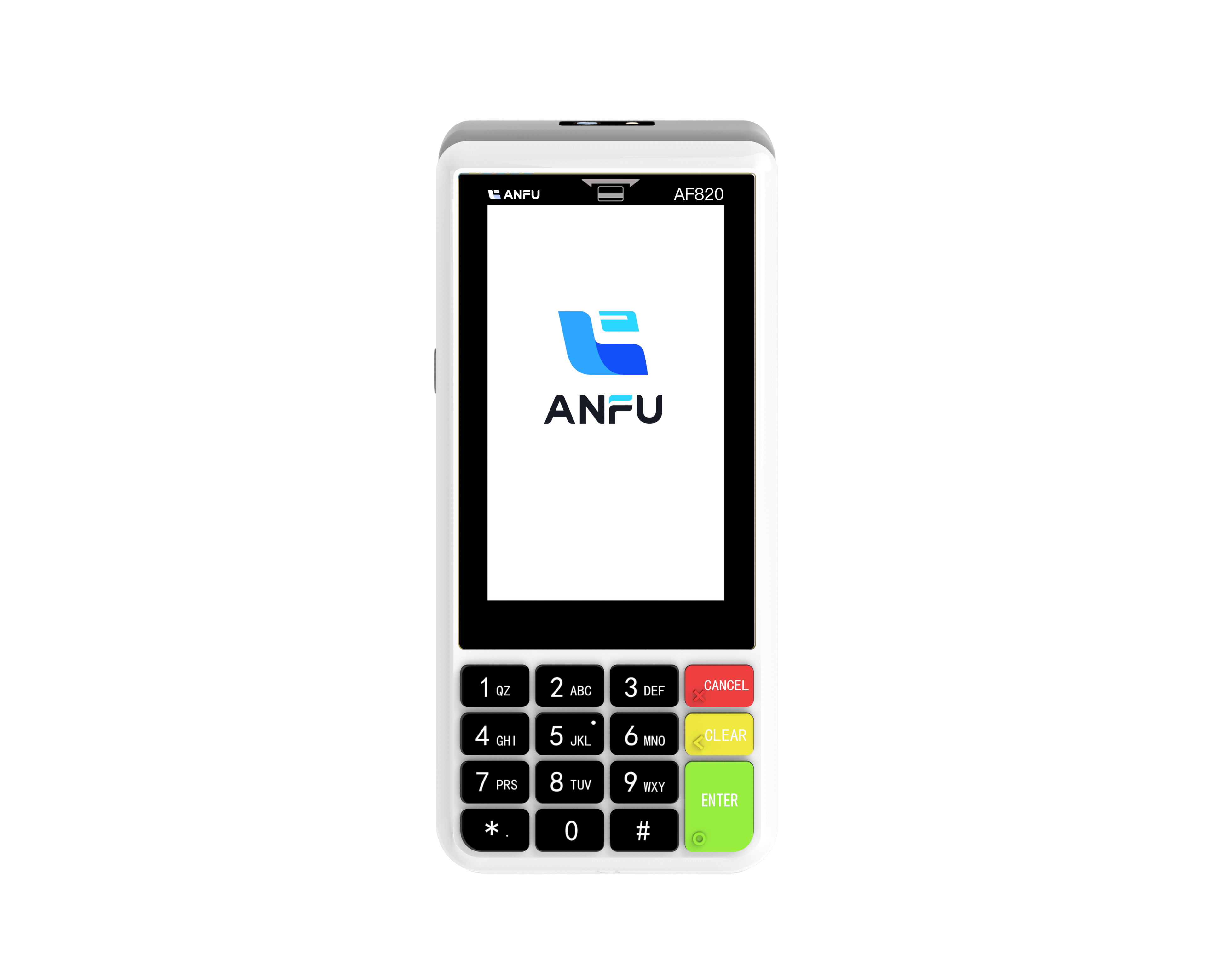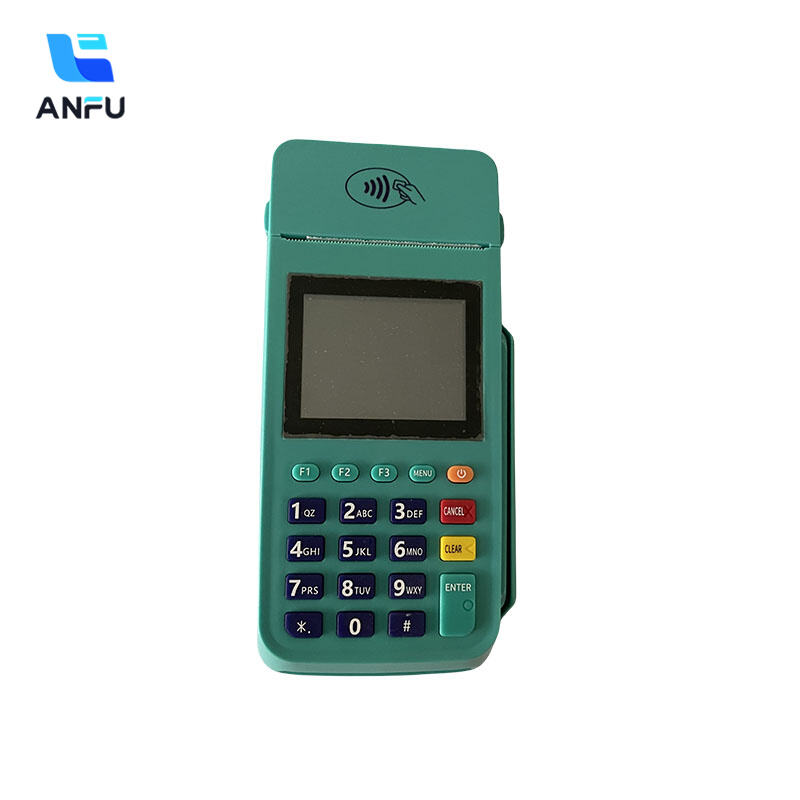Mini POS Solutions: Compact Power for Modern Retail Efficiency
Essential Features of Mini POS Solutions
Real-Time Inventory Tracking
Real time inventory tracking stands out as one of the best features in mini POS systems, giving store owners the ability to check what's left on shelves right when they need it. This helps avoid those frustrating situations where products either run completely out or sit around collecting dust. When a business has access to accurate inventory information, they can figure out when to order more stuff without guessing games. We've seen plenty of shops boost their sales after implementing this kind of system. Some reports even suggest turnover rates go up around 30% for companies that track inventory constantly. Makes sense really because knowing exactly what's available lets managers focus on running the business instead of playing catch up with missing items.
Flexible Payment Processing Options
Mini POS systems today come with all sorts of payment options these days. They handle credit and debit cards, work with mobile wallets like Apple Pay, and even support those tap-to-pay NFC transactions. Customers really appreciate having so many ways to pay when they're out shopping. A bunch of recent studies have found that around 70% of people actually pick stores based on whether they take multiple payment types. So businesses that want to boost their bottom line should definitely consider adding more payment flexibility. Not only does it please customers who hate waiting in line, but it also makes the whole buying process smoother for everyone involved.
Mobile & Cloud-Based Accessibility
Another key aspect of mini POS systems lies in their mobile and cloud capabilities, letting business operators handle day-to-day tasks from any location while still keeping tabs on sales figures wherever they go. Cloud storage integration means all important information gets automatically saved and stays available instantly, so even if something goes wrong locally, operations can keep running smoothly without missing a beat. Studies indicate that companies adopting these mobile payment solutions tend to see around a 20 percent boost in overall productivity. This makes sense when considering how much easier it becomes to track performance metrics and make timely decisions based on real time data rather than waiting for end of day reports.
Advantages of Compact POS Systems for Retailers
Space-Saving Design for Small Retail Environments
Compact point of sale systems take up very little room, making them great options for tiny retail stores or pop-up kiosks. For shops where every square inch counts, these compact systems free up valuable floor space so retailers can arrange their stores more effectively and keep customers moving through the shop smoothly. When stores have good layouts, shoppers tend to stay longer and find what they need faster, which means happier customers overall. Market research shows something interesting too businesses that rearrange their checkout areas see around a 15% boost in people walking through their doors. That extra foot traffic often translates into actual sales when customers actually make purchases instead of just browsing.
Cost-Effective Implementation & Maintenance
Compact POS systems really shine when it comes to saving money upfront. They don't need nearly as much equipment as those big traditional setups do, which means businesses aren't spending hundreds on extra terminals and printers. Less hardware naturally leads to cheaper ongoing maintenance too. Plus, most modern compact systems come with automatic software updates that just happen in the background without needing IT staff to manually install them every month. According to recent industry reports, stores that made the switch reported cutting their setup costs by around 40%. For small business owners watching every dollar, this makes compact POS solutions a smart financial move that doesn't compromise functionality.
Scalability for Growing Businesses
Compact POS systems are built to scale as businesses grow, giving them room to expand right along with operations. When a company adds new stores or starts selling different products, these systems can handle those changes without major headaches. The real benefit comes from not having to tear everything apart just because things get bigger. Some studies show around two thirds of small business operators actually rank scalability pretty high on their list when shopping for a point of sale solution. Makes sense really, since no one wants their tech holding them back while trying to keep up with what customers want next.
Choosing the Right Mini POS System
Assessing Business-Specific Needs
Picking out the best mini POS system really comes down to what the business actually needs, and those needs can change quite a bit based on how many transactions happen daily and what kind of stuff gets sold. Take retail stores for instance they usually want strong inventory tracking features. But restaurants and cafes need something different altogether, looking for things like table management or waitstaff ordering capabilities. Every industry has its own quirks when it comes to point of sale systems. That's why talking directly with someone who knows POS systems inside out makes all the difference. These professionals help match businesses with systems that actually work for them instead of forcing square pegs into round holes. Getting this right from the start saves headaches later on and keeps day to day operations running smoothly without constant tech frustrations.
Integration with Existing Retail Ecosystems
A good mini POS system needs to connect well with what's already running in most stores today inventory tracking systems and those CRM programs they use for customers. When these systems talk to each other properly, everything runs smoother and there are fewer mistakes from people typing stuff in manually. The big players in the market have been pushing for POS setups that come with strong API features so they can link up with whatever new tools might pop up down the road. Looking ahead makes sense for businesses wanting to keep pace with tech changes without having to tear things apart later on. All parts end up working together better when planned this way, helping retailers manage their operations more effectively over time.
Implementation Strategies for Modern Retail Efficiency
Staff Training for Seamless Adoption
Getting staff properly trained makes all the difference when rolling out a new mini POS system at retail stores. Workers should really know how everything works so they don't mess things up during busy hours and keep customers happy. Some studies show that companies which spend serious time on training see around 60 percent fewer mistakes happening on the floor. That kind of number speaks volumes about why retailers shouldn't skimp on training budgets. After all, nobody wants their team fumbling with buttons while shoppers wait impatiently at checkout counters.
Security Protocols for Transaction Safety
When it comes to point-of-sale systems, security stands out as one of the most important considerations. These systems handle all sorts of sensitive customer data, so strong protective measures are absolutely necessary. End to end encryption plays a big role here too. It basically scrambles transaction details from start to finish, making it much harder for hackers to get their hands on valuable information. Many businesses also find that running regular security checks helps keep things safe. These audits often catch potential weaknesses before anyone else does. The PCI DSS guidelines actually back this up pretty well. Merchants who follow them tend to see around half fewer fraud cases than those who don't bother with compliance. Beyond just avoiding trouble, sticking to these standards builds confidence among customers and keeps operations running smoothly when unexpected issues arise.
Future Trends in Mini POS Technology
AI-Driven Inventory Predictions
Artificial intelligence is now playing a big role in small point-of-sale systems through better inventory forecasting based on what sells when. The tech looks at past sales numbers to figure out what products need restocking, which helps stores avoid having too much stuff sitting around or running out completely. Retailers who have adopted these AI tools report saving money too - some say they cut down on extra inventory expenses by about 25%. When companies start using smart algorithms to predict what customers want next, it makes managing the whole supply chain run smoother and faster than before.
Contactless Payment Innovations
People want contactless payments more than ever these days, mostly because technology keeps making things easier and faster for everyone involved. When stores offer tap-to-pay options, customers get what they want without waiting around at registers. This speeds up the whole checkout experience which makes shoppers happy and keeps lines moving smoothly during busy times. According to recent market reports, contactless transactions could hit over a trillion dollars worth within just a few years from now. That kind of growth shows how important these payment methods have become for retailers looking ahead to what consumers actually need in their daily shopping experiences.
IoT Integration for Smart Retail
Bringing together Internet of Things (IoT) tech with those small point-of-sale systems is really shaking things up in retail right now. These connected devices can share information instantly between different parts of the store, which means better interactions with shoppers and smoother behind-the-scenes work. Some recent studies from major tech companies suggest that stores using IoT for automated processes could see growth of around 40 percent by 2025. When we combine these smart technologies with traditional checkout systems, it changes how customers shop while also cutting down on wasted time and effort for business owners. What used to be expensive high-tech solutions are becoming affordable options for smaller retailers looking to stay competitive without breaking the bank.
Recommended Products
Hot News
-
Smart Card 2019
2024-01-23
-
Trustech 2019
2024-01-12
-
Futurecom 2019
2024-01-12
-
Seamless Payments Asia 2020
2024-01-12
-
Seamless Middle East 2022
2024-01-12

 EN
EN
 AR
AR
 BG
BG
 CS
CS
 DA
DA
 NL
NL
 FR
FR
 IT
IT
 JA
JA
 KO
KO
 PL
PL
 PT
PT
 RU
RU
 ES
ES
 TL
TL
 ID
ID
 LT
LT
 UK
UK
 VI
VI
 HU
HU
 MT
MT
 TH
TH
 TR
TR
 FA
FA
 AF
AF
 MS
MS
 MK
MK
 HY
HY
 AZ
AZ
 KA
KA
 BN
BN
 BS
BS
 LO
LO
 MN
MN
 NE
NE
 ZU
ZU
 MY
MY
 KK
KK
 UZ
UZ
 KY
KY
